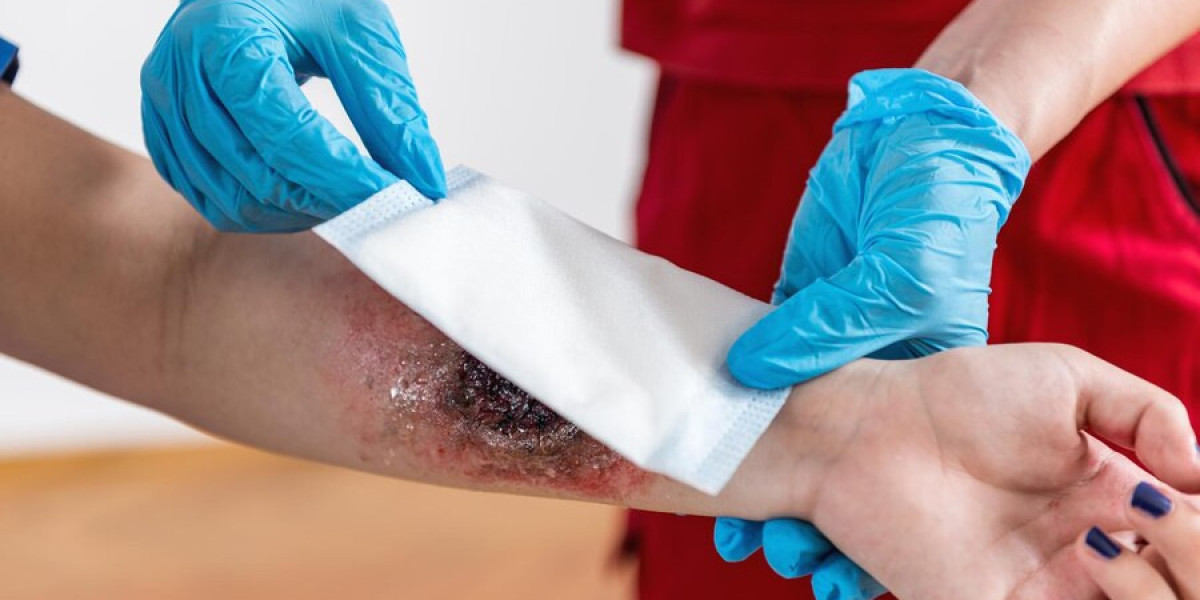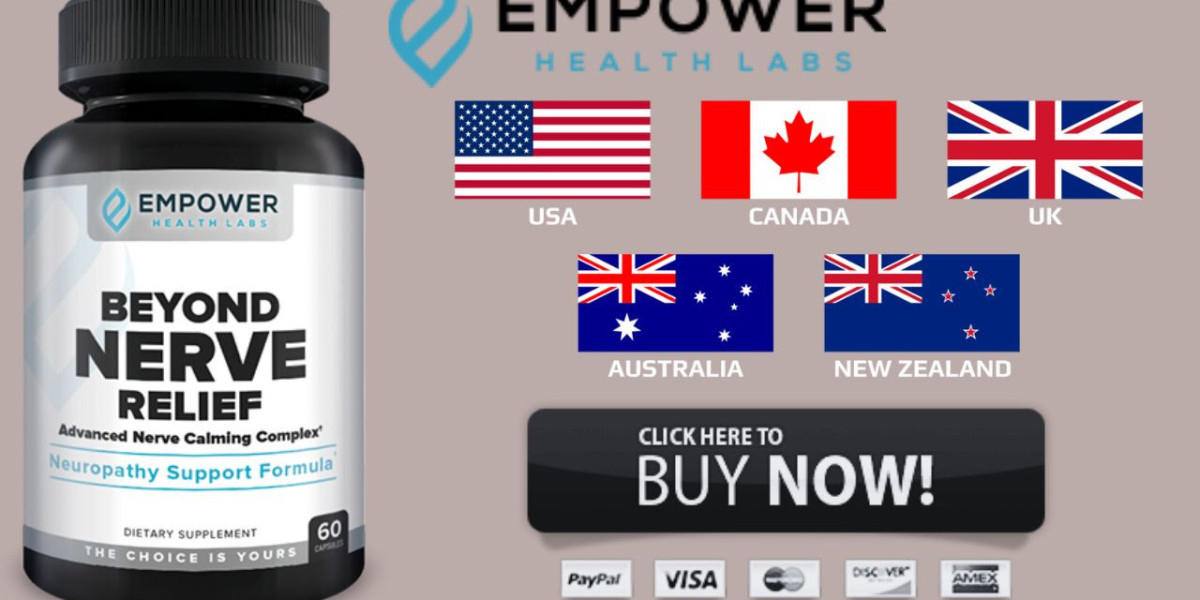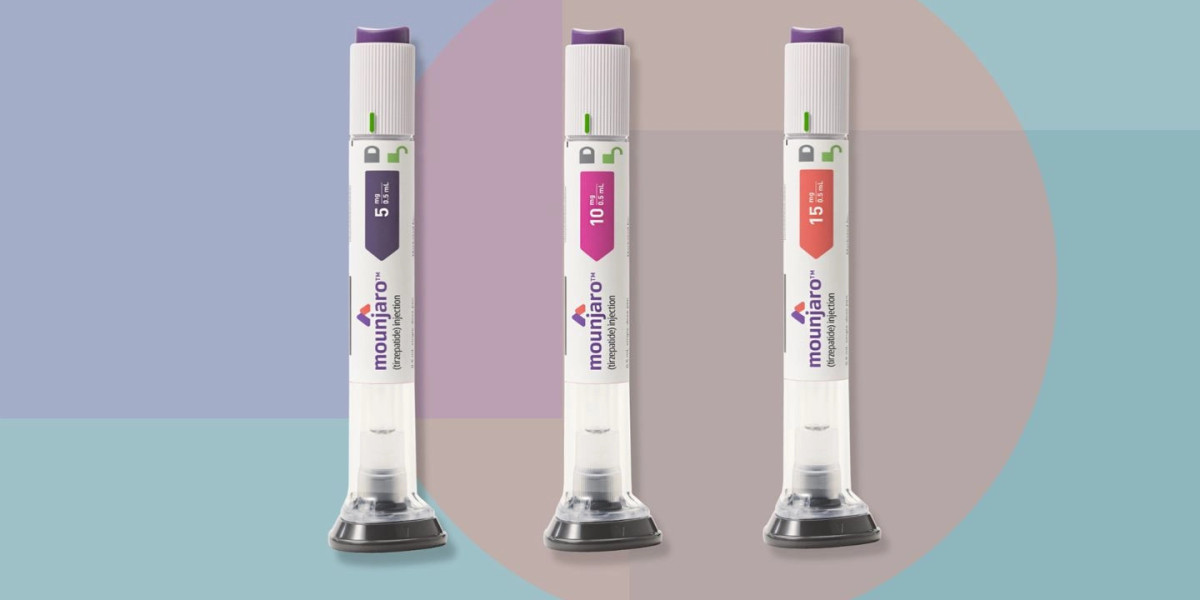Wound healing is a complex process that requires a well-coordinated response from the body. While many factors contribute to how effectively wounds heal—such as the size and depth of the wound, underlying health conditions, and the quality of medical care—one critical element is often overlooked: nutrition. The nutrients you consume play a significant role in how quickly and effectively your body can repair damaged tissue. For those undergoing wound care in San Antonio, paying close attention to nutrition can make a meaningful difference in the healing process.
The Link Between Nutrition and Wound Healing
When a wound occurs, the body goes into overdrive to repair the damaged tissue. This process requires a variety of nutrients that support immune function, promote tissue growth, and reduce inflammation. Without the proper nutritional building blocks, wounds may heal slowly or incompletely, increasing the risk of complications such as infection or scarring.
Why Nutrition is Important for Wound Healing:
- Tissue Repair: Proteins and amino acids are necessary for rebuilding the tissue that is damaged in a wound. Without adequate protein, new tissue formation is slowed, and the wound healing process is delayed.
- Immune Function: A healthy immune system is crucial for preventing infections. Certain nutrients, such as vitamins C and A, help to strengthen immune function and reduce the risk of infections that can complicate wound healing.
- Collagen Formation: Collagen is a protein that provides structure to the skin and other tissues. It is essential for wound closure and scar formation, and adequate intake of nutrients like vitamin C and zinc helps support collagen production.
- Inflammation Control: Chronic inflammation can slow down or impair the healing process. Omega-3 fatty acids and antioxidants help reduce inflammation, promoting a faster healing response.
In wound care in San Antonio, healthcare providers often assess a patient’s nutritional status as part of the overall treatment plan, especially for individuals with chronic or complex wounds.
Key Nutrients That Support Wound Healing
While all nutrients play a role in overall health, there are specific vitamins, minerals, and macronutrients that are particularly important for wound healing. These nutrients help speed up the recovery process by supporting immune function, reducing inflammation, and promoting tissue regeneration.
Essential Nutrients for Wound Healing:
Protein: Protein is essential for the growth and repair of tissues. When a person has a wound, their body needs additional protein to produce new skin, blood vessels, and connective tissue. Without enough protein, wounds may heal slowly, or not at all. Lean meats, fish, eggs, and legumes are excellent sources of high-quality protein.
Vitamin C: Also known as ascorbic acid, vitamin C is vital for collagen production. Collagen is necessary for wound closure and the development of new tissue. In addition, vitamin C acts as an antioxidant, helping to protect cells from damage caused by free radicals. Foods rich in vitamin C include citrus fruits, strawberries, bell peppers, and broccoli.
Zinc: Zinc is another critical nutrient for wound healing, as it helps maintain the integrity of the skin and supports the immune system. Zinc also plays a role in cell division, a key process in tissue repair. Foods high in zinc include meat, shellfish, beans, and seeds.
Vitamin A: Vitamin A supports immune function and skin health, both of which are important for wound healing. It also helps regulate the inflammatory response and promotes the formation of new skin cells. Good sources of vitamin A include sweet potatoes, carrots, and leafy greens.
Omega-3 Fatty Acids: Omega-3 fatty acids, found in fatty fish like salmon and flaxseeds, help reduce inflammation, which is crucial during the wound healing process. These healthy fats also support overall immune function, helping the body fight off potential infections.
Iron: Iron is essential for transporting oxygen throughout the body, including to the wound site. Without adequate oxygen, tissue repair is slowed, and the risk of infection increases. Red meat, beans, spinach, and fortified cereals are good sources of iron.
B Vitamins: The B vitamins, particularly B12 and folate, are involved in cell metabolism and energy production, both of which are needed for wound healing. These vitamins also help form red blood cells, which deliver oxygen and nutrients to the wound site. Foods high in B vitamins include whole grains, dairy products, and leafy green vegetables.
In wound care in San Antonio, providers often recommend dietary adjustments or supplements to ensure patients are getting enough of these key nutrients to support healing.
How Chronic Conditions Impact Nutrition and Wound Healing
For individuals with chronic conditions like diabetes, poor nutrition can further complicate wound healing. In particular, diabetic patients are prone to slow-healing wounds and ulcers due to poor circulation and high blood sugar levels, which can impair the immune response and tissue repair mechanisms.
Diabetes and Wound Healing:
- High blood sugar levels can damage blood vessels, reducing the flow of oxygen and nutrients to the wound site.
- Diabetics often have a weakened immune system, which makes them more susceptible to infections that can delay healing.
- Neuropathy (nerve damage) in diabetic patients can result in reduced sensation in the extremities, leading to unnoticed wounds that worsen before treatment is sought.
For diabetic patients receiving wound care in San Antonio, dietary management is a key component of the treatment plan. A balanced diet that includes lean protein, whole grains, fruits, and vegetables can help regulate blood sugar levels and support the body’s healing processes.
Practical Tips for Optimizing Nutrition During Wound Healing
Ensuring that your diet supports wound healing doesn’t have to be complicated. By making a few adjustments to your eating habits and focusing on nutrient-dense foods, you can give your body the fuel it needs to heal efficiently.
Tips for Optimizing Your Diet:
- Prioritize Protein-Rich Foods: Protein is the most important macronutrient for wound healing. Aim to include a source of high-quality protein, such as lean meat, poultry, fish, or plant-based proteins, at each meal.
- Increase Your Intake of Vitamin C: Add more fruits and vegetables rich in vitamin C to your diet. Oranges, strawberries, and bell peppers are great choices that can easily be incorporated into meals and snacks.
- Don’t Forget Zinc: Include zinc-rich foods like beef, chickpeas, or pumpkin seeds in your diet. Zinc plays a crucial role in tissue repair and immune function.
- Stay Hydrated: Proper hydration is essential for wound healing. Water helps transport nutrients to the wound site and flushes out toxins. Aim for at least eight glasses of water a day, and consider increasing your intake if you are active or recovering from surgery.
- Consider Supplements: If you’re struggling to get enough of the key nutrients through diet alone, talk to your healthcare provider about supplements. Multivitamins or specific supplements for vitamin C, zinc, or protein may be recommended.
In wound care in San Antonio, healthcare providers often work with dietitians to create customized nutrition plans that support healing, particularly for patients with chronic conditions or complex wounds.
The Role of Medical Nutrition Therapy in Wound Care
Medical Nutrition Therapy (MNT) is an evidence-based approach to treating medical conditions through diet and nutrition. For individuals with complex wounds, MNT can be an integral part of the healing process. In San Antonio, some wound care centers offer MNT as part of their comprehensive care plans, particularly for patients with diabetes, chronic ulcers, or post-surgical wounds.
How MNT Supports Wound Healing:
- Customized Nutrition Plans: Dietitians create personalized meal plans that address each patient’s specific nutritional needs and health conditions. This ensures that patients receive the right balance of nutrients to support healing.
- Nutritional Supplements: For patients who are unable to meet their nutritional needs through food alone, MNT may involve the use of supplements to provide additional protein, vitamins, or minerals.
- Ongoing Monitoring: MNT is a dynamic process that involves regular assessments and adjustments to the patient’s diet based on their progress and healing outcomes. Dietitians work closely with healthcare providers to ensure that the nutrition plan is aligned with the overall wound care strategy.
Incorporating MNT into wound care in San Antonio can improve healing times, reduce the risk of complications, and enhance the patient’s overall quality of life.
FAQs About Nutrition and Wound Care in San Antonio
What foods should I eat to help my wound heal faster?
Focus on foods rich in protein, vitamin C, zinc, and iron. Lean meats, fish, citrus fruits, leafy greens, and whole grains are excellent choices.Can poor nutrition delay wound healing?
Yes, poor nutrition can significantly delay the wound healing process. Without adequate protein, vitamins, and minerals, the body struggles to repair damaged tissue and fight infections.Do diabetic patients need a special diet for wound healing?
Yes, diabetic patients should follow a balanced diet that helps regulate blood sugar levels. Including high-protein foods, healthy fats, and low-glycemic carbohydrates is essential for supporting wound healing in diabetics.Are supplements necessary for wound healing?
While a balanced diet is the best way to get essential nutrients, some patients may need supplements if they have difficulty meeting their nutritional needs through food alone. Talk to your healthcare provider about whether supplements are right for you.








